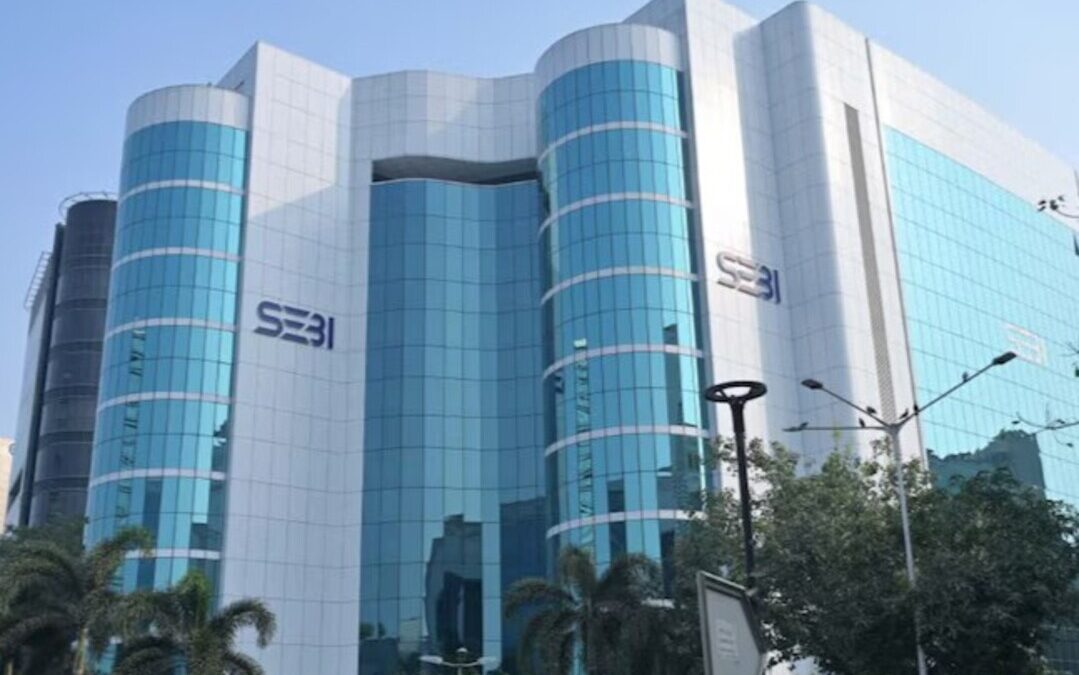SEBI Eases ESG Rating Withdrawal Norms, Tightens Disclosure Standards
SEBI revises ESG rating norms for 2025, easing withdrawals and tightening disclosure rules for greater transparency.
The Securities and Exchange Board of India has issued a fresh set of clarifications and procedural changes to strengthen the framework governing ESG rating providers, enhancing transparency and investor confidence.
In a circular released late Tuesday, SEBI allowed ERPs more flexibility in withdrawing ratings under specific conditions and introduced new disclosure and governance norms.
The changes, which take immediate effect, are in response to industry feedback and public consultation, SEBI said.
Clearer Rules for ESG Rating Withdrawal
Under the revised norms, ERPs operating under a subscriber-pays business model may withdraw ESG ratings if no active subscribers exist.
However, ratings forming part of broader indices such as the Nifty 50 cannot be withdrawn if they remain subscribed.
Withdrawal is also permitted in cases where ESG data, such as the Business Responsibility and Sustainability Report, is unavailable.
Meanwhile, issuer-pays ERPs can withdraw ratings on debt securities only after a minimum rating period — either three years or half the security tenure, whichever is greater — and with the consent of at least 75 percent of bondholders by value.
For issuer-level ratings, a continuous three-year rating period is mandated.
Disclosure and Governance Requirements Tightened
SEBI also clarified that ERPs under the subscriber-pays model must publicly disclose only the assigned ESG ratings and basic details such as sector and date of rating on their websites, withholding detailed rating rationales for subscribers only.
However, stock exchanges must publish full ESG rating information, including the rating rationale and ERP business model, under a designated section for each listed entity or security.
In a move to bolster accountability, SEBI has modified internal audit norms to widen the pool of eligible auditors.
The audit team can now include cost accountants, professionals with a Diploma in Information System Security Audit, chartered accountants and certified information systems auditors.
The regulator also deferred certain corporate governance requirements for Category II ERPs, such as the formation of Nomination and Remuneration Committees and ESG Sub-Committees, by two years to support newer entrants adjusting to compliance expectations.
The measures aim to balance regulatory oversight and operational feasibility for ESG rating agencies amid growing demand for sustainability disclosures in capital markets.
Also Read:
SEBI Proposes Measures to Facilitate Ease of Business for ESG Rating Providers

